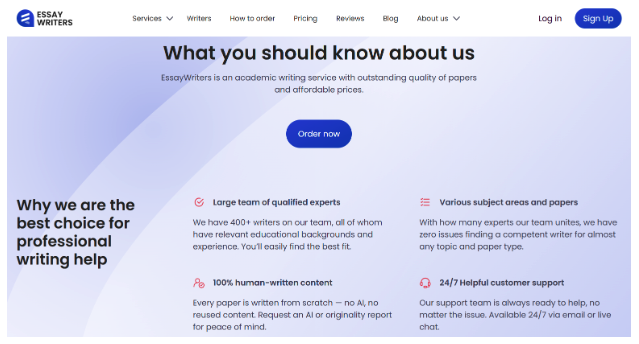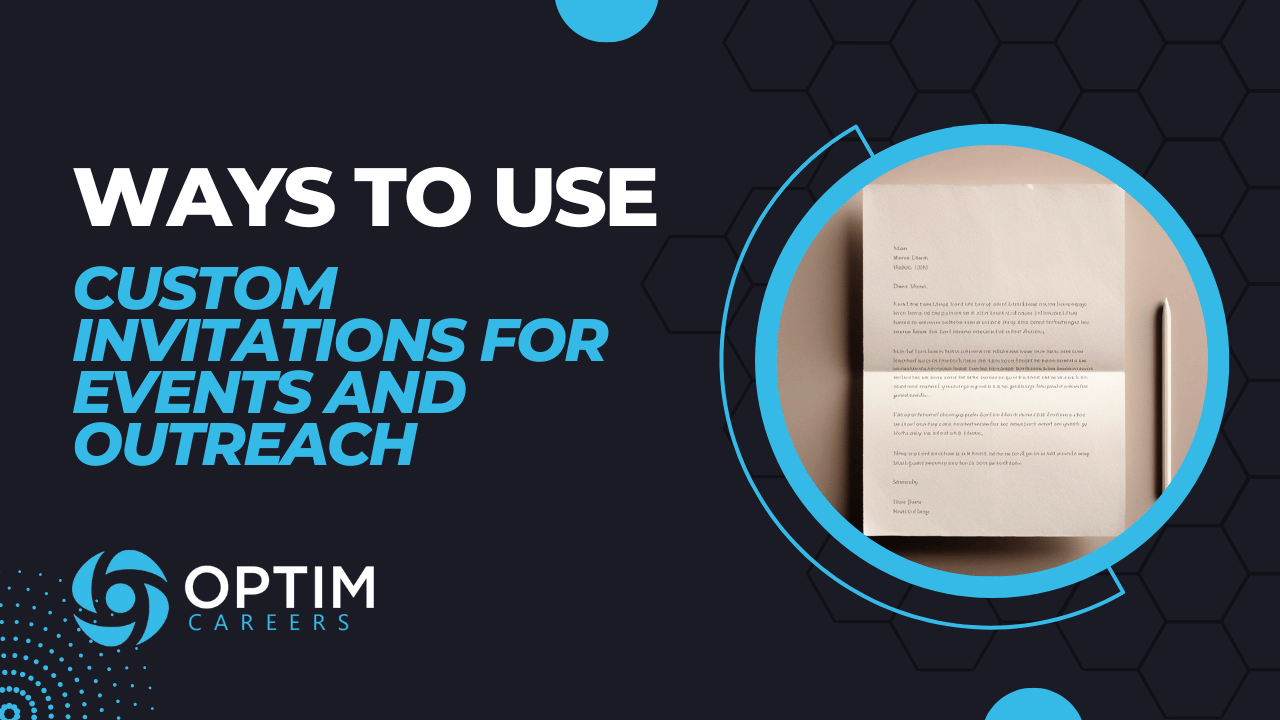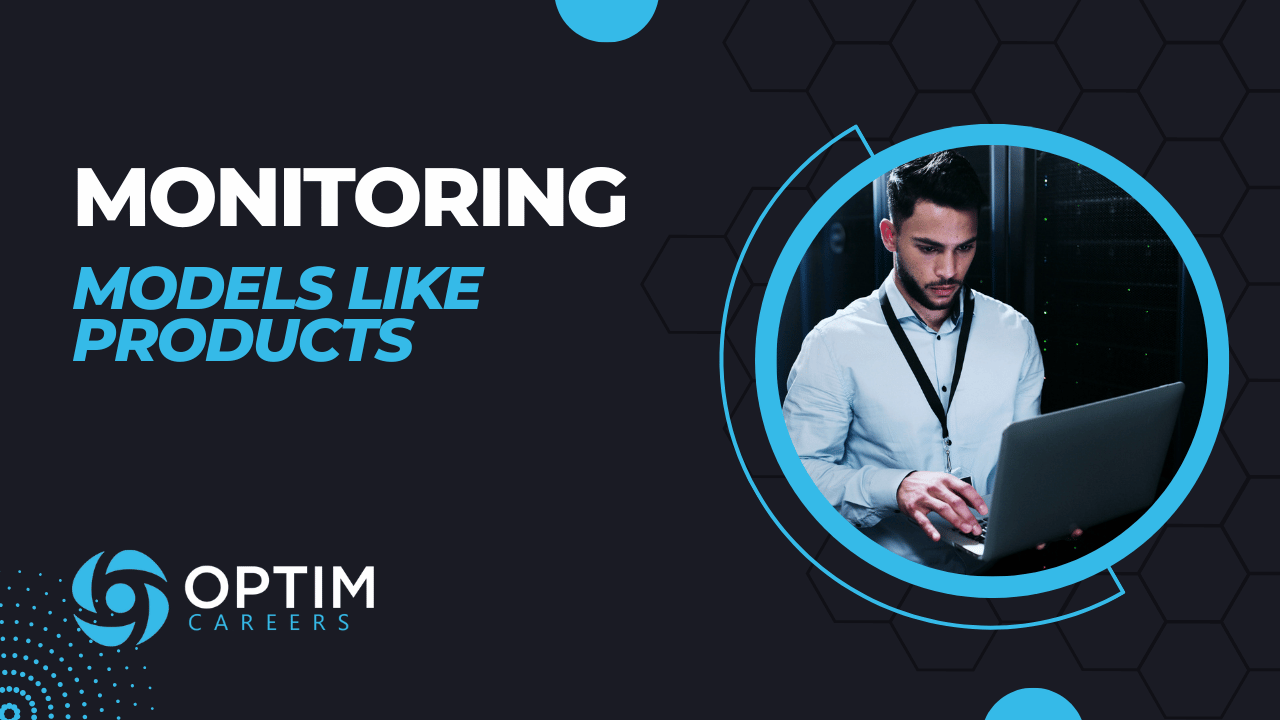Strategic Interview Questions to Ask Candidates [92 Questions & Answers]
Most “strategic” interview questions or articles about them have nothing to do with strategy. Most of these are behavioral, personality-based, or situational questions suggested throughout the interview process.
These types of questions are fine and dandy, but to be perfectly candid, they have nothing to do with strategy. Or better yet, identifying how a job candidate will achieve long-term aims through strategy execution.
If you really want to assess whether a candidate (or an employer) has a real grasp on strategy, you know - that tried-and-true principle that is central to your organization’s profitability, competitiveness, and existence, then you need to start here with this guide.
The higher up someone is in an organization, the more strategy matters. And what matters, even more, is how much of a tangible grasp and experience they have developing, planning, and executing that strategy while holding themselves and others accountable to goals.
So yeah, this isn’t your typical, “What color would you be or what superpower would you choose” type of article. And it doesn’t matter what is in your job description. If you’re hiring someone that needs to be strategic and execute, you’re in the right place.
Buckle up!
What Are Strategic Interview Questions
You’d think reading most articles about strategic interview questions that no one ever thought to think about what strategic even means. Here’s a definition.
Strategy relates to the identification of long-term or overall aims and interests and the means of achieving them. It relates to the gaining of overall or long-term advantage.
Strategic thinking is the process that helps you identify your long-term goals and develop a plan to achieve them.
It’s an essential skill in any organization. People who think strategically can help their organizations achieve their vision and goals. They are better able to identify risks and opportunities and make decisions that improve their chances of success. Developing strategic thinking skills is essential if you want to stand out from the competition.
Both interviewers and candidates should be asking strategic questions during an interview. These questions go beyond the basics and require the interviewer to think about their answer. They are thought-provoking by nature.
Characteristics of Strategy
There are three main characteristics of strategy:
Long-term focus; 3-5 years minimum; often a decade-plus
Requires trade-offs and choices; you cannot be all things to all customers and people; it must purposefully limit the offer
Strategy-setting activities include defining a unique position, making clear trade-offs, and tightening the fit
A company can outperform its rivals in both the short and long term only if it can identify and preserve a unique differentiating factor in the marketplace. Not only must an organization know where it wants to go, but it also must have the capabilities, functions, and people in place to get there.
Strategy is the compass pointing to where a company must go. It’s simple, unambiguous, and understandable to all. The best organizations know that doing something is not the same as doing the right thing. Having a bias toward action is good, but just doing something to check a box often doesn’t amount to much.
All strategy boils down to two alternatives:
Do what everyone else is doing but spend less money doing it; or
Do something no one else can do.
Organizations can’t do both. It’s one or the other. To determine which strategic option to pursue, organizations must have a solid understanding of their core competencies and unique activities.
Types of Strategic Interview Questions to Ask Candidates
If your interview question isn’t directly related to one of the concepts below, then it’s not strategic, and it’s not about strategy.
Strategic Planning
What is strategy?
Strategy as a System
Building Blocks of Strategy
Environmental Scanning and Internal Analysis
External Environmental Scanning
External Competitive Market Analysis
Internal Analysis
External and Internal Analysis and Planning
Creating Competitive Advantage at the Business and Functional Levels
What is Competitive Advantage?
Business-Level Strategies
Functional-Level Strategies
Corporate and Global Strategies and Sustaining Competitive Advantage
Corporate-Level Strategies
Strategies in a Global Context
Sustaining Competitive Advantage
Strategy Implementation and Performance Evaluation
Analyzing Strategic Alternatives
Strategy Implementation
Strategy Management and Organizational Performance
Governance, Ethics, and Social Responsibility
Strategy Interview Questions to Ask Candidates
What are the biggest challenges your last company faced?
Listen for the candidate to clearly articulate how they understood the company’s current situation and potential future risks. You can follow up by digging into how they identified solutions to problems or avoided them altogether. Listen to whether they discuss internal and external threats as well.
Internal threats might include poor employee development or weaknesses in company processes. External threats may be competition or changing customer demands. If they can’t articulate what those challenges were and how they identified them, that’s a problem.
Who is your target customer at company X?
Can the candidate clearly articulate a target customer profile? You can follow up by asking how their understanding of that target customer helped them exceed expectations and if that resulted in increased revenue or customer satisfaction.
Ask the candidate to expand on how they allocated resources to areas that serve their primary customers and how their understanding of that target customer impacted those decisions. They should also be able to articulate what problems their products or services solve for that customer base.
What should your company have done more of?
Asking this question can help you better understand how a candidate thinks and solves problems. You can gauge their ability to think critically about areas of improvement. It may also help you identify candidates who are motivated to make positive changes within your organization.
Furthermore, you may gain insights into a candidate’s character and work ethic which can help you make more informed hiring decisions.
Based on what we’ve shared with you, what should our strategic initiatives be?
The success of this question will rely on how well you’ve communicated information about your company to the candidate. The candidate may also ask questions to gather more information before answering. By asking probing questions like this you’ll see how they approach the situation and you can better understand their thought process. Some other variations of this question may include:
What are your thoughts on our current strategic initiatives?
Do you think we have the right mix of short and long-term goals?
How do you think we can improve our alignment between work and strategy?
What do you see as our most significant risks? How would you mitigate them?
Are there areas you think we’re falling behind and what would you recommend doing to catch up?
Asking these types of questions can help you ensure that you’re hiring people who will be able to contribute to your organization’s success.
How should we plan and replan with agility?
This question will help test how the candidate thinks on their feet and adapts to change. Here are some other questions you can use to gauge a candidate’s agility:
Tell me about a time when you had to pivot quickly due to a change in circumstances.
Describe a time when you had to replan an initiative due to unforeseen obstacles.
What was the most challenging situation you’ve faced in your career and how did you overcome it?
Tell me about a time when you had to make a difficult decision with limited information.
Describe a time when you had to manage multiple competing priorities at once.
These questions are well-suited for those who will have to act with agility in fast-paced environments.
Tell me about a time when and how you have challenged a goal.
A lot of assessing strategic thinking is asking questions that will help you assess the candidate’s ability to think critically, solve problems, and adapt to change. Can the candidate think outside the box and identify opportunities for improvement? Do they articulate that well in their response?
Asking follow-up questions about how the candidate went about challenging the goal and what the outcome was can also help you gauge their analytical skills and ability to execute their ideas.
In working with your people over the last six months, you notice a tendency towards risk avoidance, leading to slow decision-making. What do you think could be behind that behavior?
This question will probe a candidate’s ability to identify underlying motivations. It will also allow the candidate to share their views on risk and how it should be managed.
Some of your competitors have created/done (reference something going on in their industry). Do you have any initiatives in this area?
This is a great question for candidates who are in the same industry as you. It will give you insight into whether they have a clear understanding of the market landscape and the unique challenges facing your industry.
Similar questions include:
Why do you think competitor X has proliferated in this market?
What do you think is the biggest threat to company X in the next 5 years?
These questions may also give you a sense of whether the candidate can think strategically and create creative solutions to problems.
Given this situation, what do you think the root causes of lack of teamwork could be?
This question is designed to get the candidate thinking about organizational change more deeply. You can see from their answer whether the candidate can think critically about complex problems. This question will also help you gauge the candidate’s ability to think outside the box and come up with creative solutions.
What could your company do to be more successful?
This question will gauge if the candidate can think critically about their current organization and offer constructive criticism in the appropriate way. Listen for whether or not they tend to be negative in their assessment of work environments. If they can answer the question, it shows they can see the potential for improvement in their current situation which means they may be able to do the same at your organization.
How much time should we invest in strategic planning? What methods should we use?
Strategic planning is a process that any organization should engage in regularly. It aims to ensure that a company can achieve its desired outcomes while also considering the ever-changing landscape in which it operates.
With that in mind, here are some additional questions you could ask about this topic:
What is your experience with strategic planning?
How much time do you feel is necessary to invest in strategic planning?
What methods do you feel work best when conducting strategic planning?
Can you give an example of your successful strategic plan?
What do you think is the most crucial aspect of strategic planning?
How do you go about setting goals during the strategic planning process?
How do you evaluate progress when executing a strategic plan?
What are some common pitfalls that can occur during strategic planning? How do you avoid them?
What do you think are our options to grow our European business?
How would you reduce your customer acquisition costs?
What are some ways to improve your share of the pie?
How would you expand into new markets?
What are the most important criteria for success in this role?
How do you assess risks and opportunities?
What is your approach to problem-solving?
How do you generate new ideas?
How do you prioritize and execute initiatives?
What is the most important critical success factor in this role?
Strategy Execution Interview Questions to Ask Candidates
Strategy execution interview questions are designed to help you assess a candidate’s ability to translate theoretical business concepts into real-world solutions. This skill set is critical for your business as it allows abstract ideas to turn into reality.
When asking strategy execution questions, probe deeply into the candidate’s thought process and ability to think on their feet. You’ll get a better sense of the candidate’s strategic thinking ability, creativity, and resourcefulness.
Asking follow-up questions can also be helpful. For instance, you might inquire about what could have been done differently or better in hindsight. Questions like these will give you valuable insights into a candidate’s ability to think on their feet and execute effectively.
How can you strike a balance between future planning and also being there for your staff?
Questions like this demonstrate the candidate’s potential for future planning as well as present-focused abilities. Similar and follow-up questions might include:
How do you balance short-term and long-term goals?
What are some steps you take to stay organized and efficient?
How do you ensure those on your team know who has to do what and when without micromanaging them?
When getting to know a candidate’s strategy execution skills, ask questions like this that focus on four areas: goal setting, planning, implementation, and adjusting. Here are some more examples:
How do you go about setting goals? What factors do you take into account? How do you ensure those goals are realistic and achievable?
Once you have set goals, how do you develop a plan to achieve them? What steps do you take? Who is involved in the planning process?
How do you ensure that the plan is executed effectively? Who is responsible for each task? How do you hold people accountable? What processes or tools do you use to track progress?
How do you monitor progress as the plan is being executed? What metrics do you use? What happens if the plan isn’t working? How do you adjust the course?
What is the best way to measure your progress?
This question will give you insight into the candidate’s ability to lead and execute a company-wide strategy. Here are some follow up and similar questions:
What is the best way to measure your progress?
How do you develop and implement a company strategy?
What are some of the challenges you have faced when executing a company strategy?
How do you adapt to changes in the marketplace?
What is your experience with measuring and adjusting company strategies?
Questions like these will help you not only hire qualified candidates but also those with the ability to lead and execute company strategy.
Are your employees committed to helping each other?
Every organization has its own company culture, so it’s important to figure out if a candidate is a good cultural fit for before hiring them. By asking questions that probe a candidate’s commitment to helping others, you can uncover some clues. Here are some additional questions you could ask:
What was a time when you went above and beyond to help a colleague?
Can you think of a time when you disagreed with a team member? How did you handle it?
How will you train and develop your team?
You want to know that a candidate has a plan for how they will train and develop their teams. Listen for whether the candidate can articulate a brief overview of their strategy for training and development as well as give specific examples of how they’ve implemented that strategy in the past.
How would you assess your progress in creating a more client-centric culture?
This question is really about the candidate’s ability to implement change. You can follow up on their answer by asking what they’ve accomplished so far at their current employer and where they believe they are lagging behind.
How do you keep an organization on track with the goals and aims of the company?
The goal is to determine how the candidate plans and implements strategy within an organization. This will give you insight into whether or not they can help you achieve your specific goals and aims. Here are some similar and follow up questions:
What is your experience with developing and executing strategy?
Can you give me an example of a time when you had to make a difficult strategic decision?
What process do you use to develop strategy?
How do you ensure that everyone in the organization is on board with the plan?
What challenges have you faced when trying to implement a strategy?
How do you measure the success of a strategic initiative?
What are the most important factors to consider when making a strategic decision?
In what ways do you keep your team informed of your strategy decisions?
This question may give you insight into their leadership style and ability to work with others. It may also surface potential communication skills or interpersonal issues that could impact their ability to execute strategic initiatives. Listen carefully to the answer.
Describe when you proactively identified and addressed an issue at your company.
Listen for clues about their ability to identify problems, develop solutions, and implement change. Other questions you can ask include:
What are some of the biggest challenges you have faced in your career? How did you address them?
Tell me about a time when you had to make a difficult decision. What factors did you consider? What was the outcome?
Describe a time when you failed to achieve your goals and had to follow a different approach. What happened?
This question probes at the candidate’s ability to set goals and develop and execute a plan to achieve them. In many cases, the best-laid plans don’t work out as intended. Listen to see how the candidate reacts when their original strategy doesn’t pan out. Do they give up? Do they move on to a new goal? Do they shift the blame? What lessons did they learn? This question can also give you clues into how resilient they are.
What are the key factors you consider when building an action plan to (increase sales, etc)?
Listen for whether they include things such as the company’s goals, the resources available, and the competitive landscape. You’ll get a good sense of their strategic thinking skills and whether they are able to put together an effective plan.
How do you measure a strategy’s effectiveness?
There are multiple ways you can ask this question. Here are some examples:
What was the most complex strategic initiative that you were responsible for executing? Why was it complex? What was your role? How did you ensure successful execution?
What methods do you use to develop and track KPIs (key performance indicators)? Can you provide an example of how you utilized KPIs to improve performance?
How do you prioritize initiatives and align resources with the company’s overall objectives? Can you provide an example of a time when you had to make trade-offs between different initiatives?
What are some of the common pitfalls in strategy execution? How do you avoid them?
In your experience, what is the biggest challenge in executing change programs effectively? What are some of the most effective techniques you have used to overcome this challenge?
What are your goals for self-improvement over the next year?
This may give you clues into how motivated the candidate is to improve their skills and grow as a person. If they don’t have any goals, they may not be very proactive regarding self-improvement.
What is your ideal culture to work in?
Listen for clues about how they would approach real-world challenges in different environments.
Are you regularly syncing strategy with execution?
Here are some other questions you can ask about this topic. Ask them to expand on each one.
What are your top strategies and how are you executing against them?
How well do your current execution plans align with your company’s overall strategy?
Are you making progress against your goals and objectives?
Where do you need to adjust your plans to achieve a desired result?
Are you continuously monitoring and course-correcting as needed based on feedback and data?
How effective are your current tools, processes, and systems for executing your strategy?
Are there any gaps or areas of improvement that you need to address?
What can you learn from your successes and failures regarding strategy execution?
How are you continuing to improve your strategy and execution approach in the future?
Are your employees engaged, empowered, and aligned with strategic outcomes?
How have you gone about achieving a goal when it’s outside of your direct control?
What process or tool do you use to help you think through problem areas?
Final Tips
Pay careful attention to each candidate’s answers and each candidate’s approach to answering. It’s not just what they say, but how they get there that matters. This may also give you clues about their work style.
Don’t shy away from asking follow-up questions that are more open-ended. Not every question has to be an open-ended one, but many will be.
Situational and behavioral questions are fine, but make sure they relate back to the main strategy concepts we discussed.
Strategic Interview Questions Recommended Reading
Describe Your Leadership Style
Unique Interview Questions From Other Hiring Managers
Cole Sperry has been a recruiter and resume writer since 2015, working with tens of thousands of job seekers, and hundreds of employers. Today Cole runs a boutique advisory firm consulting with dozens of recruiting firms and is the Managing Editor at OptimCareers.com.
Benjamin Wann is the owner of CFO Consultants and AccountingProfessor.org. He has spent the past 10 years providing insights to executives of mid-sized manufacturing firms and is one of the most prominent contributors to accounting education on the web.














